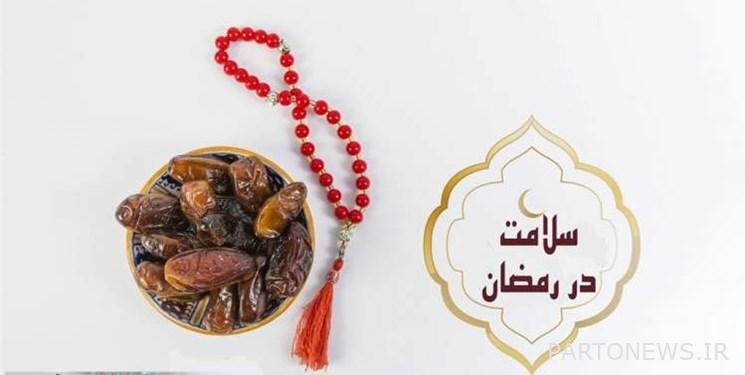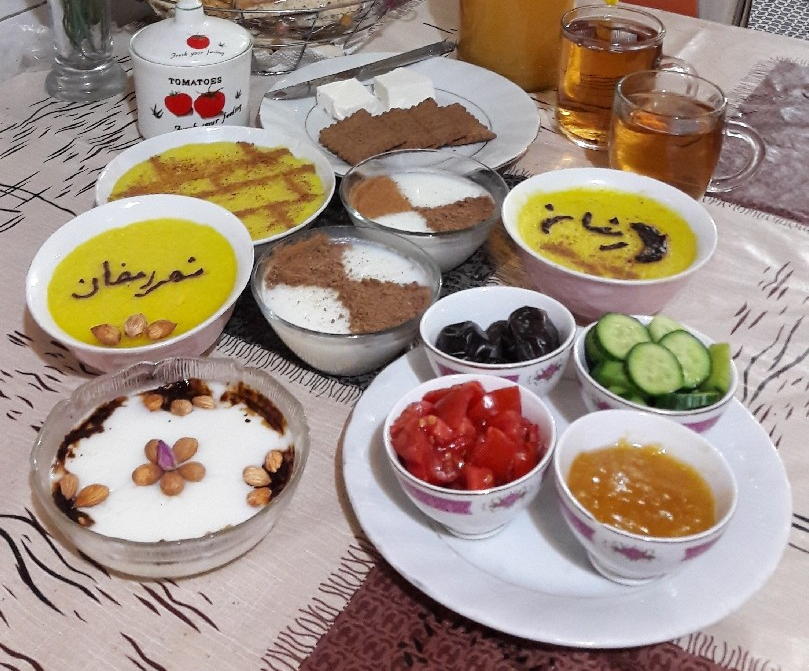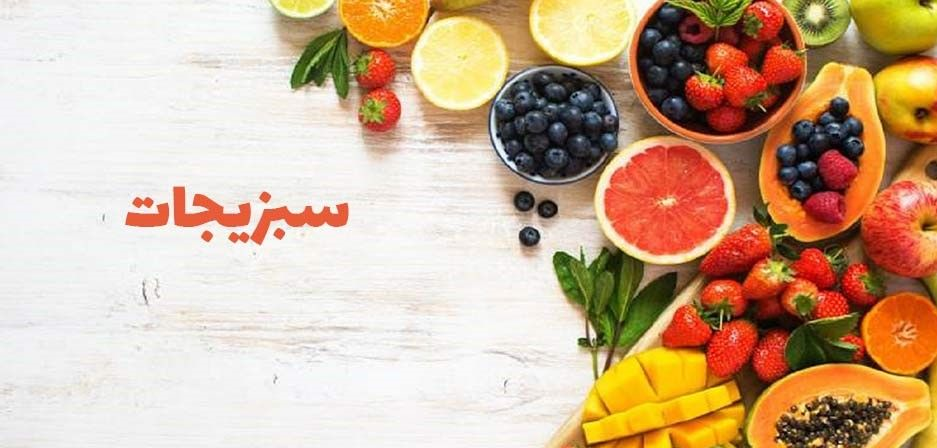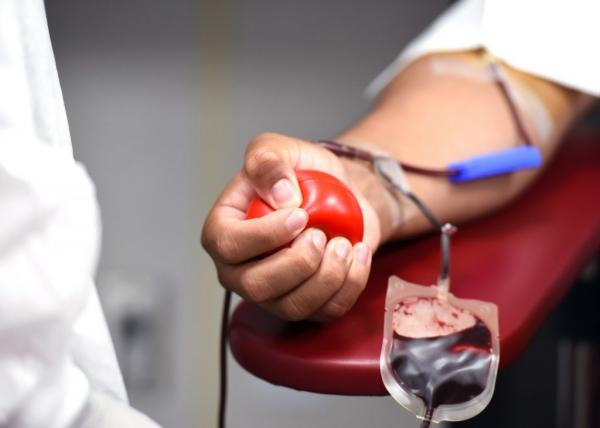Medical tips for fasting/Can corona patients fast?

According to the Fars news agency’s health reporter, we are in the holy month of Ramadan and the health of the fasting people depends on observing the health and nutrition tips. Also, in these days, like in the past three years, the Corona virus is still alive and kicking some people. .
Due to the fact that the fasting people are prohibited from eating different foods for hours, some daily actions face restrictions that knowing these principles and medical tips are very effective in the path of fasting along with health.
Issues such as fasting by corona virus patients and recoveries, donating blood during fasting days, etc.
In the rest of this article, scientific answers to these questions have been given, and their observance will both complete fasting in a favorable way and ensure the health of the fasting person.
According to the recommendations of the Nutrition Improvement Office of the Ministry of Treatment and Medical Education, they are a group of healthy people who have not contracted the corona virus, and these people can fast under these conditions, but on the condition that they observe their nutritional principles, that is, they must promise eat suhoor and observe nutritional tips during suhoor and iftar meal and also consume fruits and liquids from iftar to suhoor.
It is not recommended for people who are infected with the corona virus to fast, some people have been infected and now they have recovered, but because there is a possibility of the disease returning up to 6 weeks after recovery, according to the opinion of infectious disease experts, it is better for these people not to fast. The other category is people who have underlying diseases such as diabetes and blood pressure, and these people must consult their doctor.
Healthy eating during Ramadan
During the month of Ramadan, observing the principles of proper nutrition in Iftar and Suhoor meals plays an important role in maintaining health. The meaning of proper nutrition is to maintain balance and refrain from excessive consumption of certain foods such as sugar and fat.
Considering that the consumption of sugary substances and sweet drinks and fatty and oily foods stimulate and weaken the body’s immune system, excessive consumption of these foods should be avoided. There are some points to be observed in the breakfast meal, which includes sufficient consumption of vegetables, salad and sifijat.
Because these foods contain water and prevent dehydration and dry mouth during the day. One of the underlying factors for the activity of the corona virus is dry mouth and throat. If there are vegetables and salad in the breakfast meal, it prevents dry mouth. Also, these substances contain vitamins that are useful for strengthening the immune system and the normal functioning of the body.
It is not recommended to consume sugary substances and sweet drinks for suhoor, because these substances intensify the feeling of thirst during the day. Also, it is not recommended to eat spicy and high-protein foods for breakfast. Another problem with sugary foods is that blood sugar drops throughout the day.

During the Iftar meal, it is recommended to consume warm liquids and sugary foods such as dates. Consuming enough liquids after breaking the fast until dawn also helps to compensate for dehydration. Adhering to the principles of proper nutrition, i.e. reducing the consumption of sugar, salt and fat, consuming more vegetables and fruits, and consuming more liquids after breaking the fast helps to strengthen the body’s immune system. .
Are vegetarians more resistant to corona?
In the matter of nutrition, there is a general recommendation that emphasizes that we should observe balance and variety in the daily diet. That is, if we have 6 main food groups, they are obligatory in their place and should be included in the daily diet, and protein sources are one of these.
All food groups should be adequately and recommended, and there is no specific diet that says just be vegetarian to boost your immune system. The body’s immune system needs vitamins, minerals, and proteins that are found in various foods. At the same time, we are not saying to eat only vegetables and fruits and protein is also necessary.

To strengthen the body’s immune system, the set of different foods that exist in different food groups must be consumed in sufficient amounts so that the body’s immune system functions properly and defends itself against diseases.
Blood donation in Ramadan
Donating blood during Ramadan and other days depends on several factors, if you pay attention to it, there is no problem in donating blood. First, the person must be healthy and not anemic. In the month of Ramadan, when people fast, if they follow the correct principles of nutrition, they have no problem donating blood. If blood donation is done, they should consume food sources such as iron and folic acid, which are necessary for hematopoiesis, in the Suhoor or Iftar meal. They should also consume enough vitamin C, which helps absorb iron. Therefore, there is no problem for donating blood during Ramadan, and there is no problem for people by observing the balance and variety of food.
Some behaviors, such as drinking tea after eating, which causes blood iron to not absorb well, should not be done.
It is not recommended to take any supplements
We do not recommend taking any supplements in this situation. Proteins, minerals, and micronutrients must be provided from the daily food plan, and we do not have any recommendations for taking supplements. Except for people who have deficiencies and need medicinal supplements to solve these deficiencies.
Taking protein supplements on its own can cause problems. Because a lot of burden is imposed on the liver and kidney and will lead to the weakening of the body’s immune system.

Monitoring the food of medical staff in corona conditions
The same advice we give to people to have proper nutrition, we do to our colleagues in the treatment team who work as health advocates to help corona patients. If there is no proper nutrition for the treatment staff, their immune system will be weakened and they will have the possibility of getting sick. It means that both the treatment staff and the environment should support in this field.
Monitoring the nutrition of patients in hospitals
The experts and nutritionists of the hospitals who are present in the nutrition department control the type of diet of the patients. The hospital is also obliged to prepare food for the patients according to the type of disease and provide it to the patients according to the existing guidelines.
People with high blood pressure should consume less than 3 grams of salt per day
Those who have high blood pressure should be treated under the supervision of a doctor and use the prescribed medicines on time. In addition to the medicine, they should also follow nutritional tips. In general, these people should consume less than three grams of salt per day.
Removing the salt pan is one of the main recommendations for these people. Also, some foods have hidden salt. For example, cheese, which is a source of salt, should be used with low-salt or low-fat salts. Fast foods are full of salt and fat and should not be used. If these people intend to fast, they should consult their doctor.
end of message/

